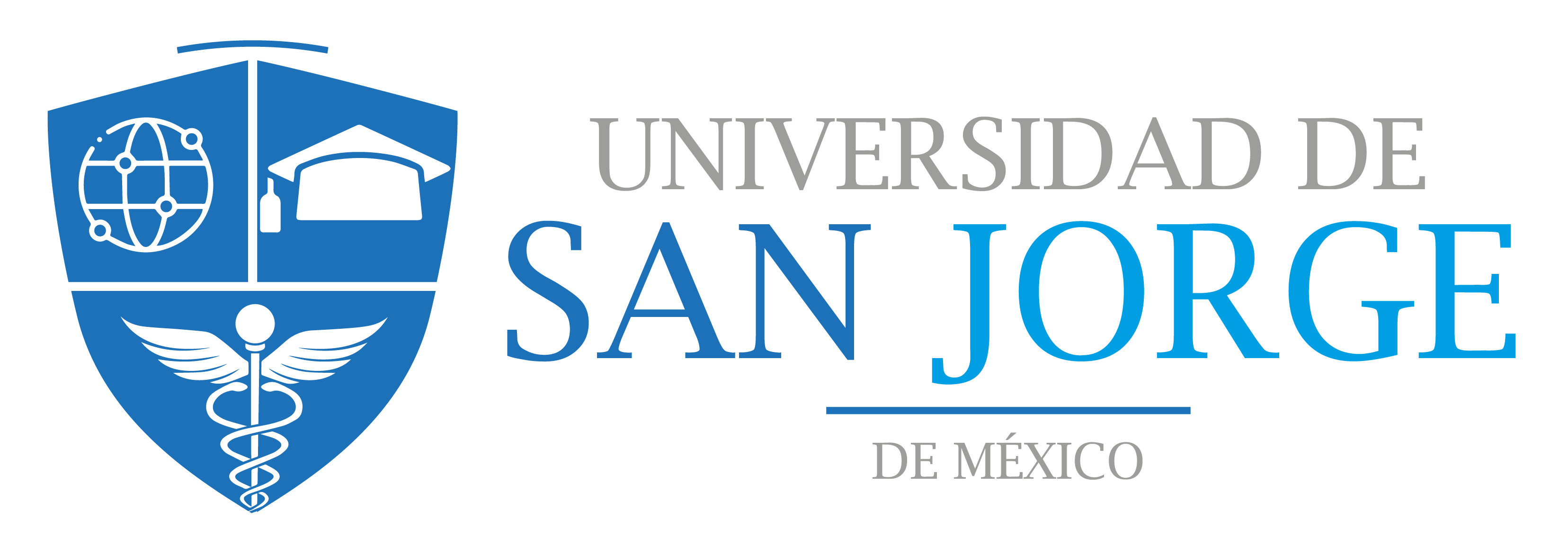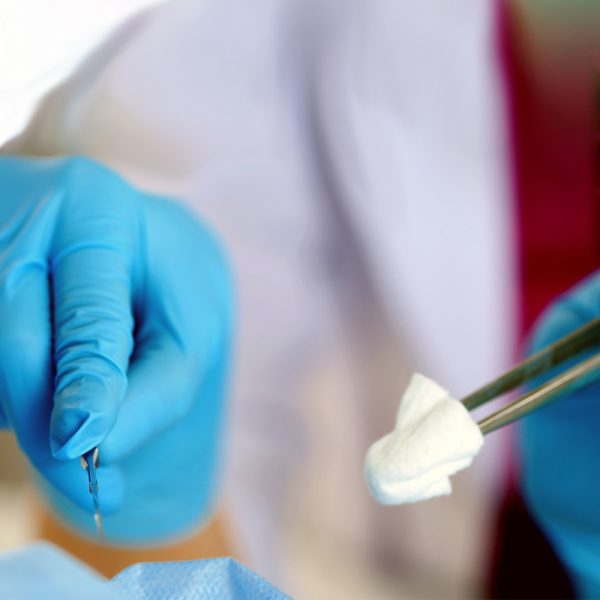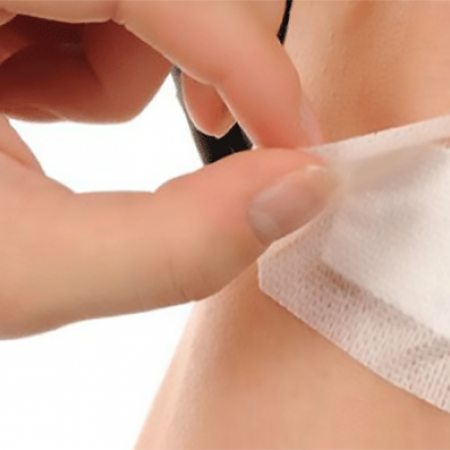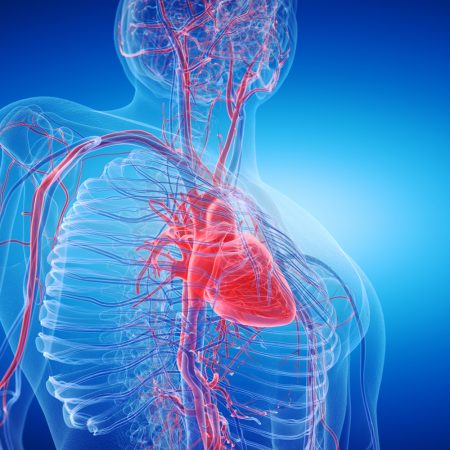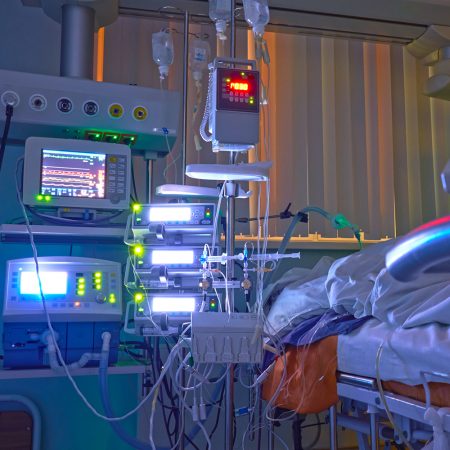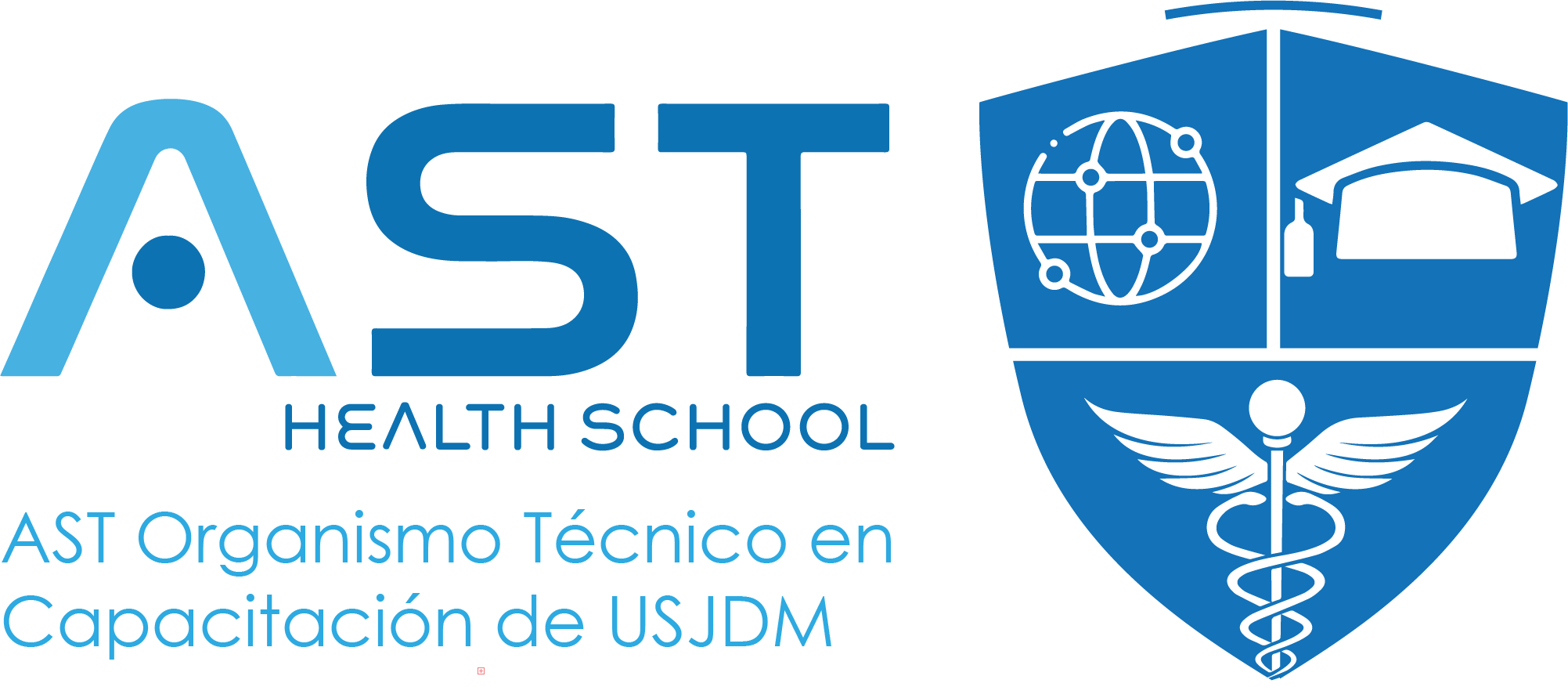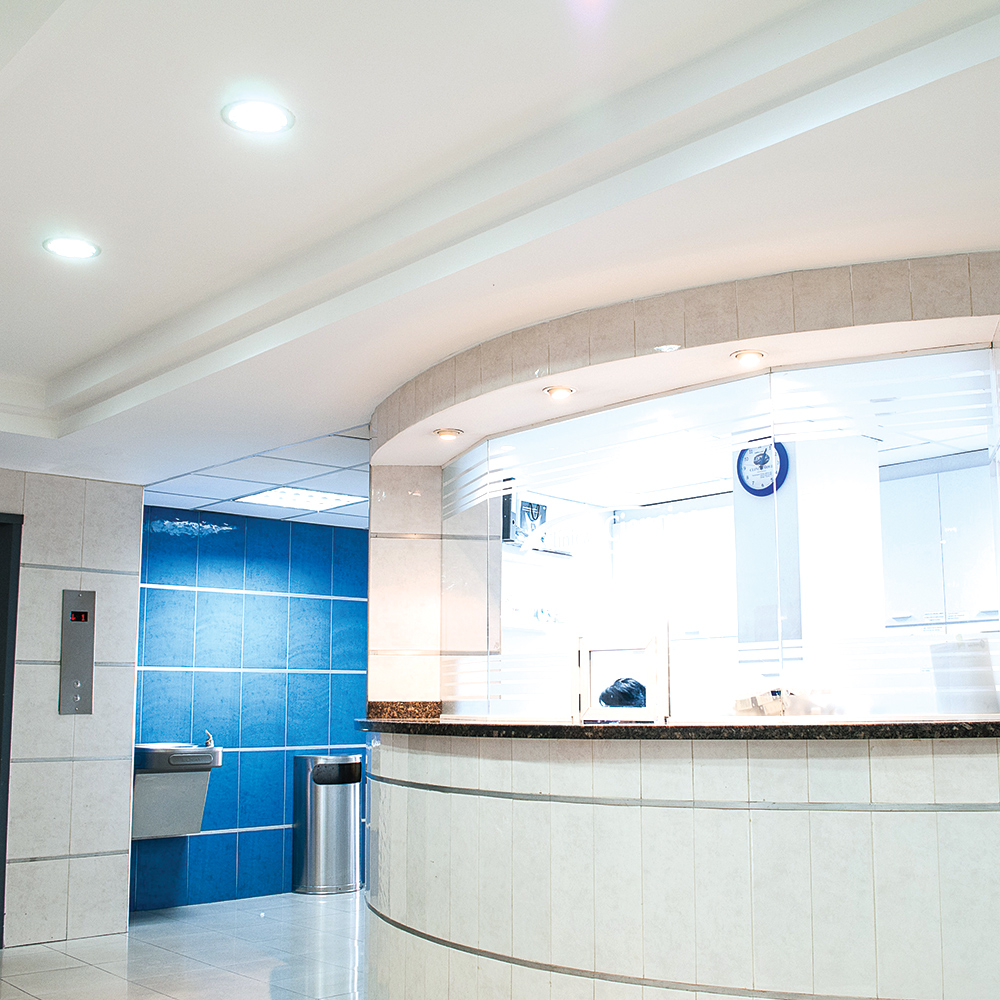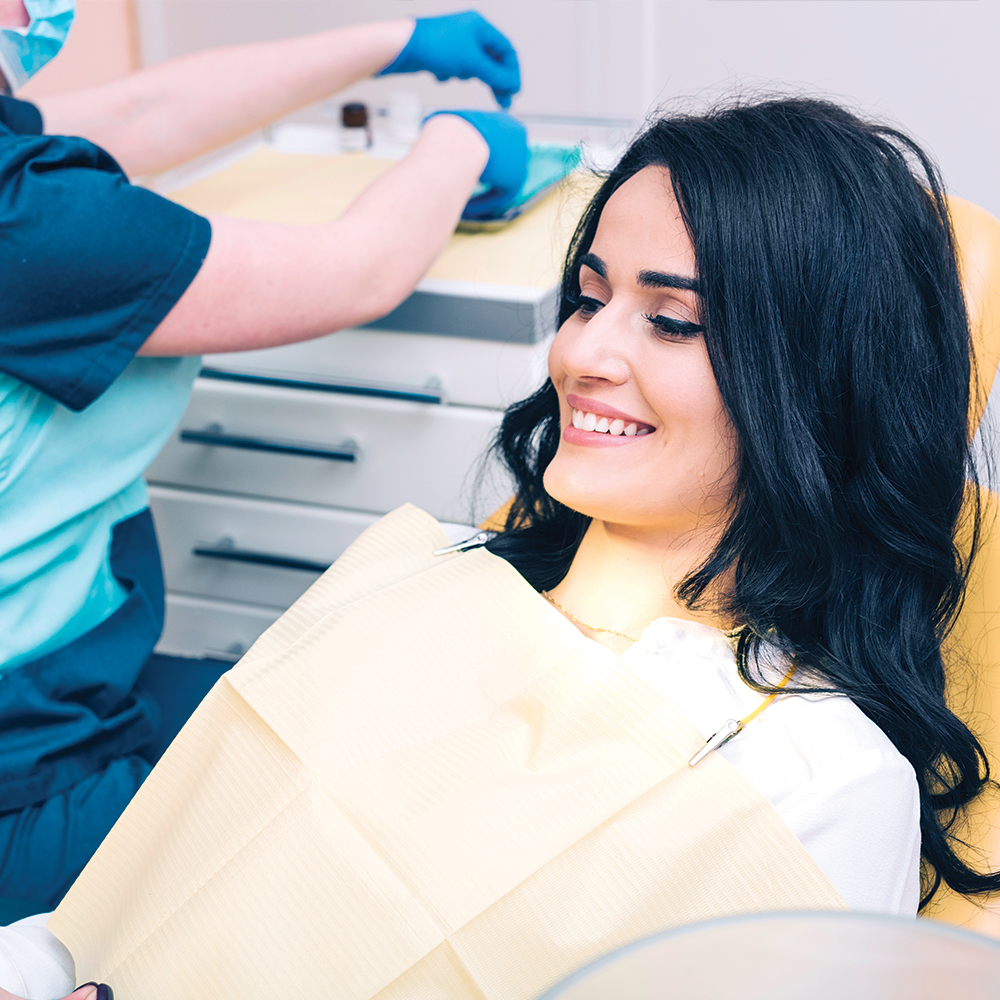Description
General Objective
To acquire the knowledge, competencies and skills necessary to provide comprehensive care to patients with any type of injury, optimising resources, minimising the consequences and restoring their health.
Addressed to:
University nurses and final year students and other health professionals may apply (the latter subject to the approval of the academic committee).
Content
Module I: MANAGEMENT OF CARE
Historical framework of wounds
Epidemiological framework of wounds
Legal aspects, ethics and bioethics
clinical issues for nurses
Duties and rights of patients.
Module II: CONCEPTUAL FRAMEWORK OF SKIN PHYSIOLOGY AND Wound Repair
Anatomy and physiology of the skin.
Skin healing process and factors that alter the healing process of the skin.
Skin microbiome
Biofilm
Module III: INTEGRAL MANAGEMENT OF PERSONS WITH INJURIES OR AT RISK OF ACQUIRING INJURIES
Assessment of the injured person
Wound Assessment Diagram
Wound bed preparation (TIME)
Nutritional requirements in chronic wounds
Module IV: CARE MANAGEMENT IN THE PATIENT WITH CHRONIC WOUNDS
Healing Techniques
Cleansing Solutions, Antiseptics and Antimicrobials
Dressings and Coverings
Surgical Tapes
Bandages
Advanced Healing Technique
Module V: MANAGEMENT OF THE CARE OF PERSONS WITH SURGICAL INJURIES
Definition and Classification of Surgical Wounds
Epidemiology of Surgical Wounds
Types of Suture
Advanced Surgical Wound Healing and Complications
Module VI: MANAGEMENT OF THE CARE OF PEOPLE WITH LOWER EXTREMITY ULERCERS
Pathophysiology of the venous system related to vascular ulcers.
Pathophysiology of the arterial system related to vascular ulcers.
Nursing assessment of people with vascular lesions.
Advanced lower extremity ulcer healing: technique and supplies.
Care management of people with vascular ulcers.
Ankle-arm index
Module VII: MANAGEMENT OF CARE FOR PEOPLE WITH DIABETIC FOOT INJURIES
Pathophysiology of diabetes
Comorbidities associated with diabetes
Assessment of the person at risk for diabetic foot in health care management
Advanced diabetic foot ulcer healing and basic basket of care
Care management in people with diabetic foot and multidisciplinary management
Management of diabetic foot at different levels of care and referral criteria
Module VIII: MANAGEMENT OF CARE FOR PEOPLE WITH PRESSURE INJURIES
Pathophysiology, epidemiology and classification of pressure injuries.
Risk assessment in pressure injuries
Care management of patients with pressure injuries
Special surfaces in pressure management
Advanced pressure injury management
Evaluation and management of specific cardiac and large vessel injuries
Module IX: CARE MANAGEMENT IN RELATION TO SKIN ALTERATIONS IN PERSONS WITH URINARY AND DIGESTIVE DISORDER, IAD
Care management, definition and epidemiology of IADs
Assessment and classification of IAD
Relationship between ICDs and LPPs
Basis for the management of urinary and fecal incontinence
Kinesthetic management of incontinence
Module X: MANAGEMENT OF THE CARE OF PEOPLE WITH DIGESTIVE AND URINARY OSTOMIES AND THEIR COMPLICATIONS
Classification and surgical techniques related to the most frequent digestive and urinary stomas.
Care management in stomas - Care management related to complicated digestive and urinary stomas
Ostomies and sexuality
Module XI: MANAGEMENT OF CARE FOR PEOPLE WITH BURNS
Management and assessment of the burn patient
Care Management of the Severely Burned Patient
Care management of the radiodermatitis patient
Module XII: MANAGEMENT OF THE CARE OF PEOPLE WITH CUTANEOUS FISTULES
Etiopathogenesis of Enterocutaneous Fistulas
Evaluation, management and complications of enterocutaneous fistulas
Treatment of enterocutaneous fistulas
Management of care in people with enterocutaneous fistulas
Module XIII: MANAGEMENT OF CARE FOR PEOPLE WITH MARSI
MARSI Concept
Prevention strategies.
Module XIV: PREPARATION OF THE WORK AREA
Creation of the field: dirty, clean and sterile area.
REAS management
Healthcare-associated infections HCAI.
Material storage
Preparation of the work area during healing
Use of personal protective equipment
Instrumentation and supplies for special use in advanced healing
Module XV: WOUND MANAGEMENT
Evidence-Based Medicine
"EBM" Cost Effective Wound Management
Management and Administration for the creation of a Company
Module XVI: ALTERNATIVE WOUND HEALING TREATMENTS
Hyperbaric oxygen
Negative Pressure (VAC)
Honey Dressings
Platelet rich plasma
Tissue Engineering
Skin Grafting
Larvatherapy
Module XVII: MENTAL HEALTH IN PEOPLE WITH CHRONIC INJURIES
Depression in adults
Depression in the elderly
Anxiety
Sleep Disorder
Self-esteem
Self-concept
Self-image
Isolation
Nursing care management of chronically injured persons with SM disturbances
Multidisciplinary management
Care management of the pediatric patient with mental health injury
Module XVIII: PAIN IN CHRONIC INJURIES
Characteristics, epidemiology and types of pain
Physiology and pathophysiology of pain I
Physiology and pathophysiology of pain II
Physiology and pathophysiology of pain III
Management of chronic non-oncologic pain
Module XIX: UPDATES IN WOUND CARE AND MANAGEMENT
Assessment of bacterial burden of wounds and ulcers, FINH. (VACAB)
Wound Healing Algorithms and Protocols according to VACAB.
Third Generation Dressings
CASE STUDY
Complementary therapy: negative pressure
Additional information
| Country | Chile |
|---|---|
| Duration | 220 hrs |
| Certification | AST |
| Ranking | Primary Care, Specialties, Hospitalization |
